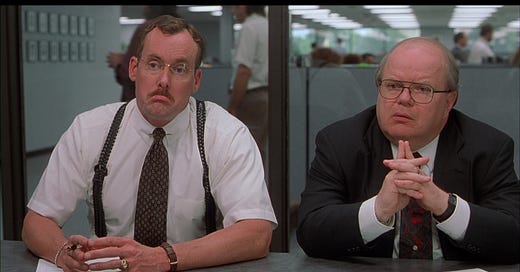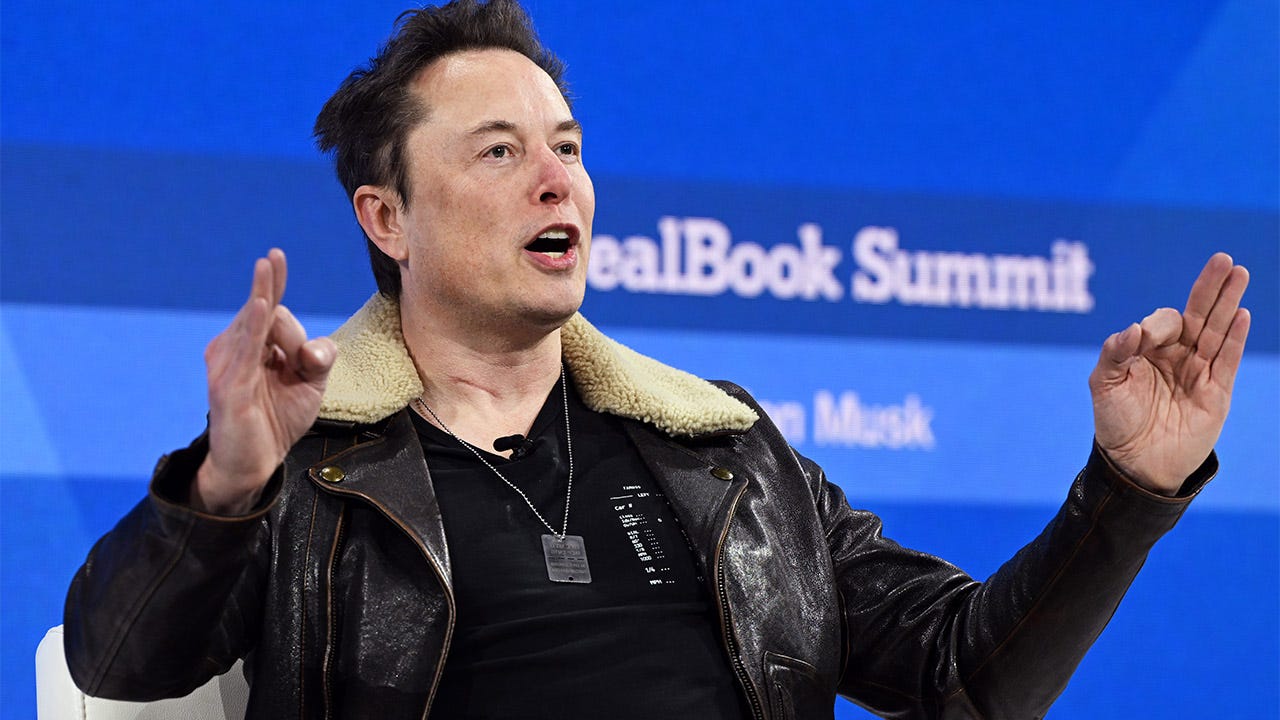The Big Idea
When I started this podcast I had some general ideas for what the show would be, and the value it could offer to listeners. Those ideas were roughly:
A highly edited show would increase the impact of each spoken word. If you remove words where either the guest or the host is rambling, it really helps the listener a lot.
A show built around stories, rather than ideas, would be an additional way to connect with listeners. Instead of asking guests what they think about the Fed’s loose monetary policy, or what they think the optimal bet size is (i.e. ideas), the show would be built around: tell me some stories. Stories, for better and for worse, are a way to hack the human brain.
The show would be as much about the lives of the guests as it would be about their risk activities. I think this part of the show came from listening to a lot of “Gambling With an Edge” and there would be a story about a guy in the basement of a dumpy casino in Oklahoma, and I always wondered how he got there.
You could combine explicitly gambling stories, along with stories about the stock market, and put it all into the same series. I didn’t know it at the time, but the gamblers ended up liking the stories about the market, and the people involved in the market like stories about casinos.
It would be value-add to replace my poorly constructed questions with less poorly constructed narrative.
I’m sure that I’m engaging in a little hindsight bias - no doubt forcing some coherence into what were, at the time, pretty shaggy plans. But I think that’s pretty close to the original idea.
The Good News
Over the fours years since the show has launched I’ve made some progress in proving up those ideas. Here are some of the positive signals that I see:
When I hear from a new listener, they often say that they found the show and then binged the entire catalog.
I hear from people who have listened to episodes multiple times.
Across 350 podcast ratings, nearly all of them are five stars.
In just 40 episodes, from an unknown podcaster, the show has grown such that the average episode has 12,000 downloads. It’s taken some time to get there because I release episodes sporadically, but that is less than a single year of episodes for most podcasts. And again, the starting point was zero.
Episodes continue to generate downloads years after release. The most popular episode had only 3,000 listens in the first month of its release, and it has 20,000 today.
Perhaps my favorite qualitative signal - people tell me that their wife or girlfriend knows nothing of gambling, but still listened to an episode and enjoyed it… and better yet, understood it.
The Bad News
That all sounds positive, but perhaps you can see the problem?
After four years the average episode has just 12,000 listens.
So while it’s possible that the results of the podcast have proven up my original idea, they’ve also proven that the way to build a very big show is not this path.
In fact, while I think that I have done a pretty good job of cobbling together an amazing guest list, I also regularly run into problems which can be traced back to the low listener numbers. Some big name guests don’t want to waste their time on a show they haven’t heard of…. actually some small name guests don’t want to waste their time on a show they haven’t heard of1!
That’s just reality.
Which reminds me of the saying that goes: if this is where you wanted to be, then you’ve done everything perfectly.
Now What?
It’s possible that you could build a very big show, with just minor tweaks to the existing strategy.
For instance, one of the basic dynamics of podcasting is that you need regular releases of episodes. You need multiple times for a listener to see your show in their podcast feed, so they remember to listen to it. Also, if you are making an evergreen show, each release is a chance for a listener to continue through the catalog and find other episodes they’ve missed.
So maybe just a faster release schedule would juice the listener numbers?
Or, maybe you could build a bigger show by spending more time looking for more popular guests?
Or maybe more editing is needed? Or better writing? Or maybe you need a good monetization plan2 so that you can afford to have help on these items? Or maybe you need multiple hosts working on episodes simultaneously?
Or maybe this needs to be a true multi-media project, where the newsletter contains more than two posts per year?
On one hand there are a lot of dials that could be turned. Unfortunately, I am not sure how much time I have to devote to the turning of dials.
I have a lot of stuff that I want to do. In fact, while I’m writing this post I am mostly focused on getting it off my to-do list so that I can do half a dozen other things on my list.
Some Necessary Backstory
This may be a good time to admit that I get a perverse satisfaction in making this show - just to prove that I can do it.
To prove that I can make something of the utmost quality, and do it while earning no money from it. To prove that even though I am a land broker by trade3, I can make a podcast series with credible episodes spanning everything from hedge fund failures, to card counting, to credit card points4.
Call it a “Go f*ck yourself” to being constrained by convention or expectations.
If you’re motivated by the desire to prove yourself, that can take you a long way. Until you need more to keep going than just an achievement compulsion.
But Seriously, Now What?
Earlier I said that perhaps you could make a very big show with just small tweaks to the existing plan. Of course that is nonsense. Small changes are a good way to produce small results. If you want big results then you almost certainly need big changes.
So if you’re going to make big changes, it’s probably as good of a time as any to try to reimagine the entire thing. And that’s where I am today. Confronted by the reality of the path I’ve chosen to get here.
There are some positive signs, but… 12,000 downloads per episode and a bus ticket will get you downtown.
We have reached the end of my motivation to make the show just to prove I can do it.
Maybe the data provided to-date contains the information needed to make something truly great… but if it does, it will require a lot more thought than I’ve devoted to it thus far.
I have said on the show that we should all seek to be empiricists. Come up with a hypothesis, go collect some data, and then adjust. That is also the basic loop that APs engage in.
So what do I know today that I didn’t know four years ago, and can that information be the basis of a truly winning strategy? Or, am I better off not playing?
[…]
I once scheduled an interview with a guest who sent me their Calendly link. I am not kidding that their schedule was almost entirely wide open. But when we started the interview he asked how many listeners I had. Then he said “Ok, let’s keep this to 10 minutes.”
Astute readers might notice that this show has effectively no monetization plan, so any plan would be a very large improvement. But I think that doesn’t really matter. If you’re in the tens of thousands of downloads per episode it’s not like you’re going to come up with something that is thousands of dollars CPM.
Most people think that real estate is only for dumbos, and out of the real estate ecosystem, brokers are by far the most looked down upon group.
If I had to guess, the underlying mechanism in my brain is probably something like: if you can do something that bucks convention, simply because you want to do it, and you can also earn no money while doing it, then that is true freedom. The only problem is that this very often feels more like a compulsion than a choice. That’s as far as I’ve gotten.







John - Your podcast has taught me so much about “The River” (stealing Nate Silver’s new term). It’s must listen every time a new episode drops. I’ve turned a few folks onto it also, but I’m sure scaling it to where it needs to be is tough. Just know that I have appreciated you very much whatever you decide.
I had no idea about your podcast so perhaps I will be 12,001.
Good luck.